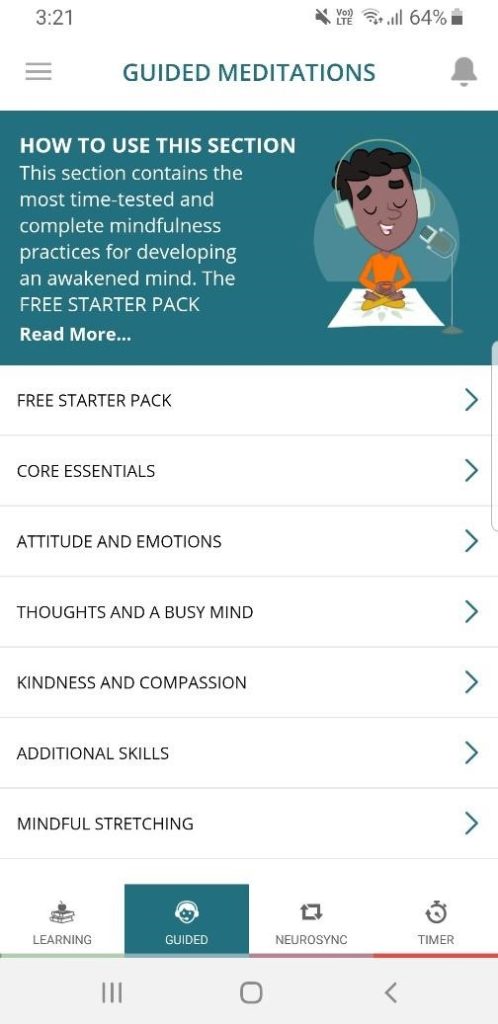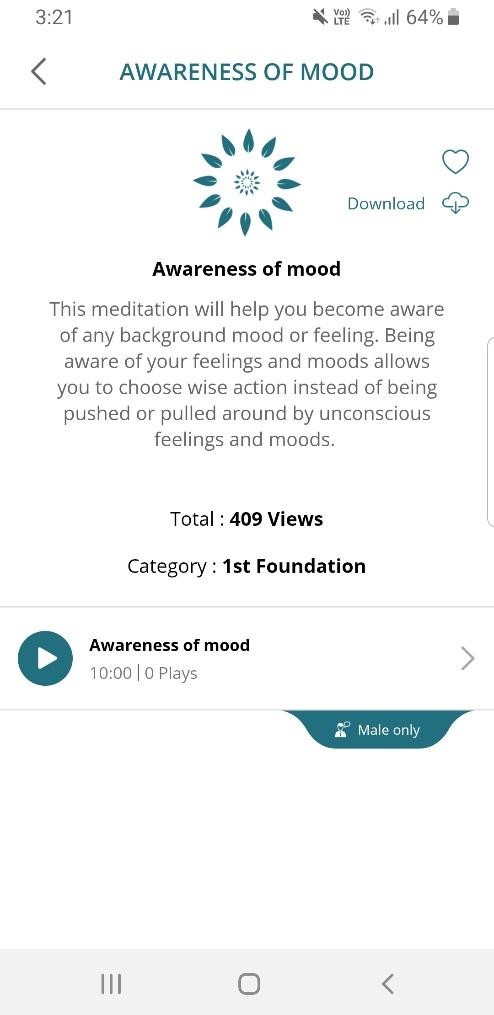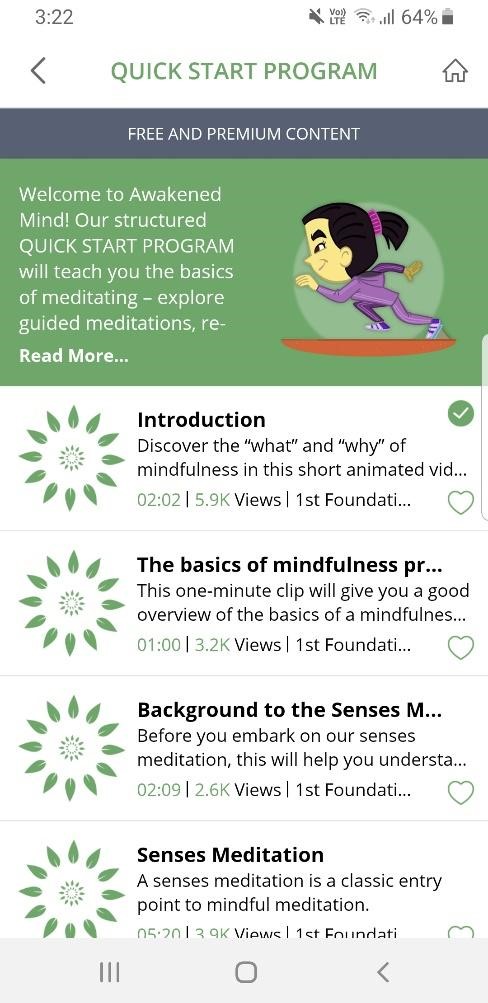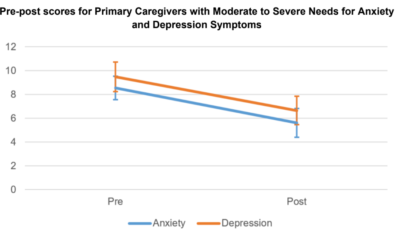
The Gen XY Lifestyle
Mental Health – A Disruptive Strategy for Businesses
Every country in the world is facing and failing to tackle a mental health crisis, from epidemics of anxiety and depression to conditions caused by violence and trauma. The problem has become so severe that the World Health Organisation has now included “Burnout” in the 11th Revision of the International Classification of Diseases as an occupational phenomenon.
Stress costs businesses and economies billions annually. According to a report by the American Psychological Association, stress annually costs the U.S. economy USD 300 billion in lost productivity, almost USD 200 billion in stress-related-illness expense, and one million workers being absent every day.
Singapore is not spared from the costs of mental health related issues. In the 2019 Cigna 360 Well-Being Survey, a whopping 92 per cent of working Singaporeans report feeling stressed, higher than the global average of 84 per cent.
While 33% of an employee’s mental health is dependent on their manager’s behaviour in the workplace, the vast majority of employees say their leaders do a bad job with engagement. This results in a high level of suffering in the workplace: 65% of employees would forego a pay raise to see their leaders fired.
These two global crises – mental health and leadership – create a vicious cycle, negatively impacting organisations’ human resources metrics: retention rate, absenteeism, presenteeism, productivity, and overall company reputation.
The corporate world is increasingly recognising these crises and acknowledging their responsibility in finding a solution for them. However, bringing skills like emotional intelligence, resilience, or stress management to the workplace is no easy task and unfortunately most companies do not take an integrated approach when it comes to mental health and leadership development.
Most companies make the mistake of following a “training tick box” attitude where a trainer is brought in to deliver a lunch-and-learn, workshop, or a short program. In so doing, a critical aspect of the solution is overlooked: continuous practice. Employers and employees have to continuously practice and cultivate good mental health habits to build a productive and effective culture within the organisation.
Therefore, the burgeoning popularity of Mindfulness as a solution to tackle mental health issues and build qualities such as resilience and emotional intelligence is a step in the right direction. By integrating mindfulness into the business practices of an organisation, the company culture becomes more positive, empowering, compassionate, thus drastically reducing stress and anxiety, and improving focus, performance and collaboration, amongst other things.
Mindfulness: the what and the why
Shaun Achor, an award-winning teaching psychologist from Harvard, ran a 12 year study on happiness and concluded that 90% of our long happiness is determined by how we pay attention and process the world while only 10% depends on our external conditions. Mindfulness changes the way its practitioners receive, process and respond to stimuli, equipping them with a skill set to cope with hardship, boost their happiness and manage their work and relationships.
Neuroscience and medical research have confirmed that mindfulness goes further than merely increasing people’s happiness to improve their physical and mental health, improve their relationships, optimise brain function, aid in leadership and much more.
If mindfulness is such a big deal, what is it?
At its most basic, mindfulness means being in the present for continuous periods of time. After asking thousands of people how they feel when they are continuously in the present, we found they consistently answer that they have a relaxed body, an open heart and a clear mind. When we asked those same people what they were like when they were stress free, happy and performing well, they gave us the exact same answer – a relaxed body, an open heart and a clear mind. Viola! Becoming a mindfulness practitioner is a no brainer if you want to radically improve performance, reduce stress and increase happiness.
The challenge for all of us is to develop a habit of being continuously present, especially through life’s inevitable challenges. Thus, developing mindfulness involves a systematic training of our attention.
Unfortunately, though, most of us spend far too much time lost in distraction, dreams, worries, obsessive planning, multitasking and more. Neuroscience calls that the default brain network, and studies indicate that it supports stress, premature ageing, depression, anxiety, illness and more. Mindfulness helps us to wake up from the damaging aspects of the default brain network.
Awakened Mind aims to foster mindfulness

Awakened Mind aims to deliver the world’s most advanced mindfulness solution for organisations. We focus on optimising employee mental health by fostering mindfulness as well as developing mindful leadership. In recognising that effective learning can only be achieved through the integration of face to face training and e-learning into one simple solution, the Awakened Mind App was developed as an ongoing support tool.
The App enhances training received through a variety of educational and practical content. It also ensures scalability to impact efficiently the entire workforce of an organisation. Awakened Mind is available on the Apple App Store and Google Play Store. The app provides the following features:
- Training Programs: series of animated videos providing training on self-awareness training; health & wellbeing; mindful leadership; and more

- 300+ Guided meditations: categorised by soft skill – managing attitude and emotions; managing thoughts and a busy mind; developing kindness and compassion; and more

- Neurosync™: the world’s largest library of Brainwave Entrainment tracks; allowing you to regulate your brainwave frequency and bring it in or our of a mental state of your choice (sleep, focus, creativity, stress, anxiety, depression, etc.)
This article is attributed to Julien Remond, Co-Founder and CEO of Awakened Mind.
Studies and figures shared in the article are provided by Awakened Mind.








